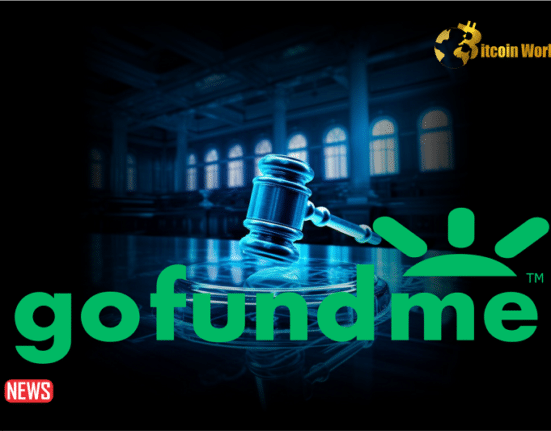In a significant legal battle, six individuals have united to challenge the United States Treasury’s decision to impose sanctions on Tornado Cash, a popular crypto mixer. Their recent filing, supporting a motion for partial summary judgment on May 24, highlights four compelling arguments that underscore the case as an instance of government overreach and a violation of First Amendment rights.
According to the plaintiffs, this case does not revolve around creating special rules for new technology but rather exposes a breach of government authority. Paul Grewal, Coinbase’s chief legal officer, summarized the arguments in a Twitter thread, suggesting that the government’s intention to ban open-source software using property sanctions statutes contradicts the law’s original intent.
Coinbase, one of the leading cryptocurrency exchanges, has backed the lawsuit against the US Department of Treasury since its initial filing on September 8, 2022. The six plaintiffs, Joseph Van Loon, Tyler Almeida, Alexander Fisher, Preston Van Loon, Kevin Vitale, and Nate Welch, have all interacted with Tornado Cash, forming a strong basis for their legal standing.
The first argument challenges the Treasury’s attempt to categorize Tornado Cash as a foreign “national.” The plaintiffs assert that the Treasury’s definition of Tornado Cash encompasses all holders of the TORN token, irrespective of any shared purpose. Consequently, they argue that Tornado Cash cannot be classified as an unincorporated association, based on the Treasury’s own criteria.
The second argument disputes the classification of the open-source smart contracts, integral to Tornado Cash’s functionality, as property. The plaintiffs contend that property can only be something that can be owned, and these smart contracts do not meet that criterion.
Even if the smart contracts were considered property, the plaintiffs’ third argument emphasizes that no entity associated with Tornado Cash holds any “interest” in them. Consequently, the Treasury lacks the authority to impose sanctions on Tornado Cash.
Finally, the plaintiffs assert that even if the Treasury possesses the authority to sanction Tornado Cash, such action violates the First Amendment. They argue that the Treasury cannot defend this imposition by suggesting that Tornado Cash users should exercise their freedom of speech elsewhere.
The Treasury’s initial sanctions on addresses linked with Tornado Cash in August 2022, merely a month after the user interface code was open-sourced, set the stage for this legal dispute. The outcome of this case will have far-reaching implications for the regulation of cryptocurrency and the preservation of individual rights in the digital age.














